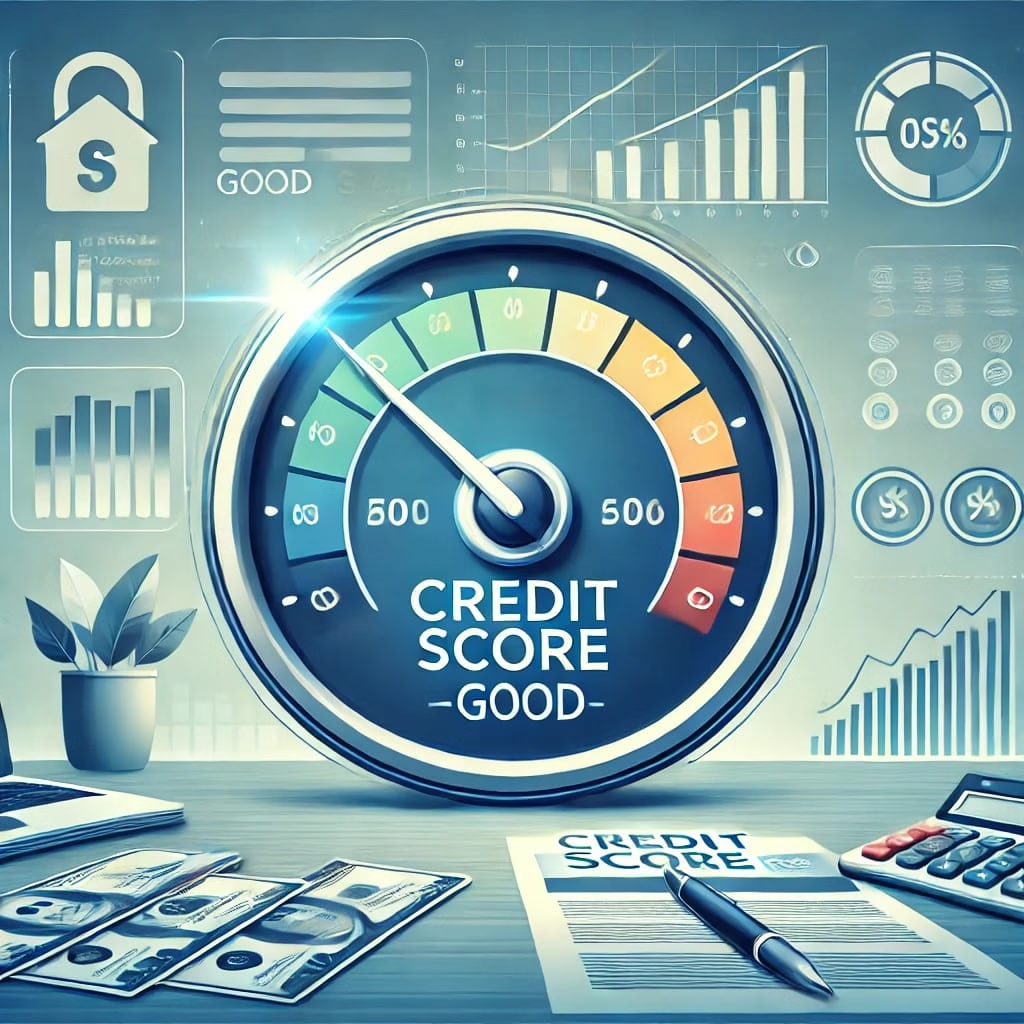
Your credit score is more than just a number—it’s a gateway to financial opportunities like affordable loans, lower insurance premiums, and even better rental agreements. Whether you’re starting to build credit or recovering from financial missteps, improving your credit score is achievable with the right strategies. This guide outlines 10 actionable steps to help you boost your credit score and take control of your financial future.
1-Understand Your Credit Report
Start by obtaining your free credit report from AnnualCreditReport.com. Review it for errors such as incorrect account balances or late payments. Dispute inaccuracies directly with credit bureaus like Experian, Equifax, or TransUnion.
Why it matters:
Errors like incorrect balances or unauthorized accounts can drag down your score.
Disputing errors can quickly improve your creditworthiness.
Pro Tip: Make it a habit to review your report at least once a year. For disputes, use tools provided by the bureaus or consult FTC guidance.
2-Pay Your Bills on Time
Your payment history is the most significant factor in your credit score, accounting for 35%. Late or missed payments can stay on your report for up to seven years.
How to stay on track:
Set up autopay for recurring bills.
Use calendar reminders for non-automated payments.
Missed a payment? Contact your creditor immediately to negotiate removal after payment.
3-Reduce Credit Utilization
The credit utilization ratio—the percentage of your available credit you’re using—plays a crucial role in your score. Aim to keep it below 30%.
Example:
If your credit limit is $10,000, try not to carry a balance exceeding $3,000.
Tips to lower utilization:
Make multiple small payments throughout the billing cycle.
Request a credit limit increase (but avoid overspending).
4-Don’t Close Old Accounts
Even if you’re not using an old credit card, keeping it open can benefit your credit history. The average age of your accounts contributes about 15% to your score.
Why it’s important:
Closing accounts can shorten your credit history.
It may also increase your utilization ratio if other cards carry balances.
5-Limit New Credit Applications
Every time you apply for a credit card or loan, a hard inquiry is recorded on your report, potentially lowering your score by a few points.
Best practices:
- Research before applying to avoid unnecessary inquiries.
- Space out applications by at least six months.
- Hard inquiries remain on your report for two years but have less impact over time.
6-Negotiate with Creditors
If you’re struggling to keep up with payments, proactive communication with creditors can save you from collections or charge-offs.
Negotiation tips:
- Ask for lower interest rates.
- Request payment plans that align with your budget.
- Settle old debts for less than the full balance (though this may have a temporary impact on your score).

7-Use Credit Boost Programs
Programs like Experian Boost allow you to add positive payment histories for utilities, phone bills, and streaming services to your credit report.
Benefits:
- Quick improvement in your score.
- No additional costs for enrollment.
- This tool is especially useful if you have a thin credit file.
8-Consider a Secured Credit Card
If your credit score is low, a secured credit card can be a stepping stone to building positive credit. With a secured card, you make a deposit as collateral, which becomes your credit limit.
9-Focus on Debt Repayment
Adopt the snowball or avalanche method to pay off debts systematically. Reducing your total debt load improves your creditworthiness.
10-Be Patient and Consistent
Improving your credit score takes time. Stay consistent with good financial habits, and you’ll see gradual improvement over time.
Learn About : What is the Debt Snowball Method? A Comprehensive Guide To Paying Off Debt
FAQs
Q1: How long does it take to improve a credit score?
It varies, but consistent effort can lead to noticeable improvement within 3-6 months.
Q2: Can I pay someone to fix my credit score?
Avoid scams. Only you can improve your score by managing your finances responsibly.
Conclusion
Improving your credit score is achievable with discipline and smart financial practices. By following these steps and staying committed, you’ll pave the way for a brighter financial future.
